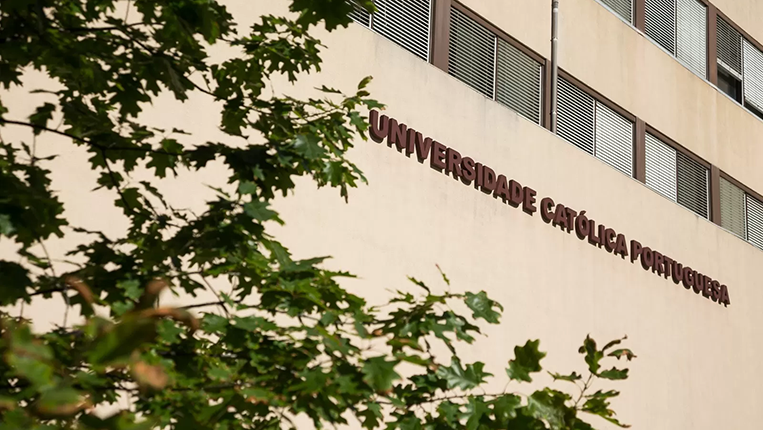In two years, the "RADIANT - Realization of Dynamic Value Chains for Underutilized Crops" project, coordinated by the Universidade Católica Portuguesa - Porto, has already made an impact on farms in countries such as Portugal, Italy, and Scotland. Encompassing over 29 entities, both public and private, from 12 European countries, this project boasts a partnership with the Food and Agriculture Organization of the United Nations (FAO).
The aim of the RADIANT project is to demonstrate successful transitions to inclusive agrobiodiversity systems, enhancing the competitiveness of underdeveloped crops and testing sustainable agricultural practices. Funded by the European Union's "Horizon 2020" program, the significance of farms like BioFontinhas, located in the Azores, Portugal, and Freixo do Meio, in Alentejo, Portugal, stands out for promoting organic and sustainable practices. At BioFontinhas, self-taught farmer Avelino Ormonde adopts a comprehensive organic approach, fostering agricultural and nutritional biodiversity. Meanwhile, at Freixo do Meio, acorns are valued as a gift from the ecosystem, driving the creation of a variety of sustainable products, thanks to the work of Alfredo Sendim and Ana Fonseca.
Another highlight of the RADIANT project is the reintroduction of Bere Barley in the Orkney Islands, Scotland, led by local researchers and farmers like Marty Hay, aiming to increase yields and ensure the sustainability of the crop. Additionally, the project also underscores the importance of farms like Il Papavero Rosso, in Piedmont, Italy, where founders Giovanni Faggio and Carlo Arcostanzo promote agricultural diversity and share sustainable agroecological practices with other communities.
In summary, the RADIANT project is contributing to raising awareness about the importance of underutilized crops, promoting agricultural diversity, food security, and sustainable development in Europe.




